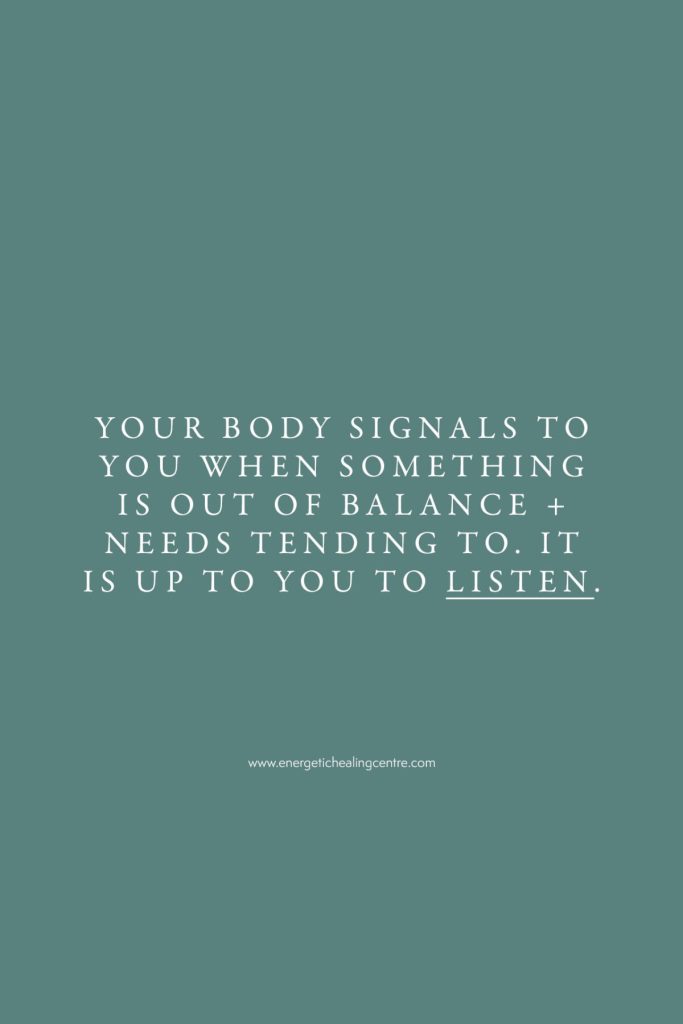

Feeling overwhelmed by career expectations is a common issue plaguing many individuals today. The pressure to succeed, coupled with constantly evolving expectations, can leave many feeling stressed and inadequate. Understanding and managing career-related overwhelm is essential for navigating the modern workplace successfully. This article delves into the problem of feeling overwhelmed by career expectations, examining its root causes and offering actionable strategies to manage the stress associated with it. The structure of this article will cover the following key areas: understanding the root causes, identifying symptoms, practical strategies for managing stress, prioritizing tasks, maintaining a healthy lifestyle, and seeking support.
Understanding the Root Causes of Overwhelm
Feeling overwhelmed by career expectations often stems from a combination of internal and external pressures. Internal factors, such as perfectionism, fear of failure, or high personal standards, can create an unrealistic and overwhelming workload. External factors might include demanding bosses, unrealistic deadlines, or a heavy workload. Understanding these factors allows you to develop strategies that address them effectively. Sometimes, it’s not enough to change external factors—internal pressure needs to be addressed as well. Finding an equilibrium between your personal standards and the expectations of your role is key.
Unrealistic Expectations and Performance Goals
Many people feel overwhelmed by the high standards placed upon them by employers or societal expectations. The constant pressure to excel can trigger feelings of anxiety and stress, thus creating a cycle of overwhelm. Individuals might struggle to meet these demands, resulting in feelings of inadequacy and frustration.
Inflexible Work Environments
Unreasonable deadlines, inflexible schedules, and a lack of work-life balance can lead to overwhelming workloads. The absence of flexibility can hinder employee well-being, promoting feelings of stress and exhaustion. Rigid structures often lead to more feelings of overwhelm, especially for those who need structure and autonomy.
Identifying Symptoms of Career-Related Overwhelm
Recognizing the symptoms of career-related overwhelm is the first step towards effective management. Understanding the physical, emotional, and behavioral indicators can help identify the root of your problem and create a personalized plan to reduce stress. Symptoms may vary from individual to individual.
Physical Symptoms
These symptoms can manifest as headaches, fatigue, insomnia, or digestive issues. These physical responses often signal the body’s reaction to high stress levels.
Emotional Symptoms
Feelings of anxiety, irritability, helplessness, or depression can occur. These emotional responses often manifest in decreased productivity and difficulty concentrating.
Behavioral Symptoms
Changes in behavior, such as withdrawal from social activities, increased procrastination, or difficulty concentrating, can signal the impact of stress on your life.
Practical Strategies for Managing Stress
Effective stress management techniques can significantly improve your overall well-being. By incorporating these strategies, individuals can effectively mitigate the challenges associated with career overwhelm.
Prioritizing Tasks and Setting Realistic Goals
Breaking down overwhelming tasks into smaller, more manageable ones can reduce feelings of stress. Prioritizing tasks based on urgency and importance can streamline workflows. Creating a to-do list and regularly updating it can help you visualize your progress and stay organized.
Time Management Techniques
Time management techniques, such as the Pomodoro Technique, can enhance productivity. Using these methods can help you work efficiently and stay focused.
Seeking Support from Colleagues or Mentors
Mentors and colleagues can provide crucial support. Discussing your concerns with trusted colleagues or mentors can provide valuable insights and perspective. Feeling supported by your network can reduce feelings of isolation.
Maintaining a Healthy Lifestyle to Combat Stress
Maintaining a healthy lifestyle is crucial for managing career-related stress. This includes incorporating healthy habits into your daily routine.
Regular Exercise
Regular exercise helps release endorphins, which have mood-boosting effects and reduce stress.
Balanced Diet
Nourishing your body with a balanced diet can help you cope with stress more effectively.
Adequate Sleep
Prioritizing sufficient sleep is vital for mental and emotional well-being. A healthy sleep schedule can significantly impact your resilience during challenging periods.
Seeking Professional Help
In some cases, seeking professional help is essential. Recognizing when to seek help is a critical skill for managing career-related overwhelm. This may include therapy, counseling, or coaching.
Mental Health Professionals
Therapists and counselors can offer specialized guidance and support tailored to your individual needs. Professional support can help you develop healthy coping mechanisms.
Career Coaches
Career coaches can help you assess your career goals and develop strategies for achieving them. This can help in creating a roadmap for tackling career expectations.
In conclusion, managing career-related overwhelm is a journey, not a destination. By understanding the root causes of feeling stressed and implementing effective strategies like prioritizing tasks, seeking support, and maintaining healthy habits, you can reclaim control and achieve a healthier work-life balance. Remember, taking care of your mental and emotional well-being is crucial to succeed in your career and life in general. If you’re still struggling, consider seeking professional help. Your well-being is valuable and deserves attention. Visit [website-link-here] for more resources on stress management and career advancement.